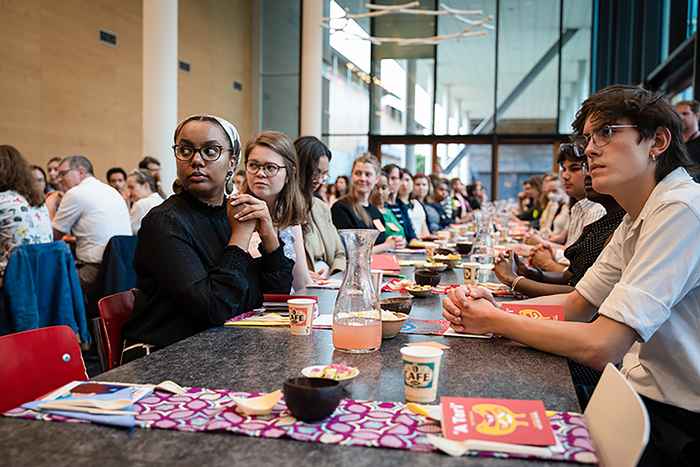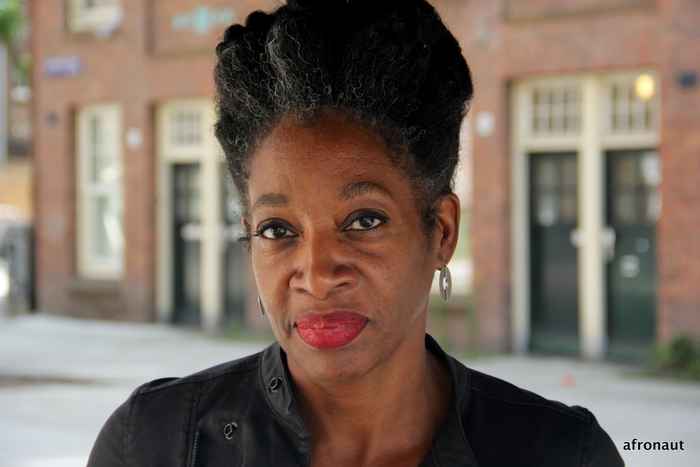Aspha Bijnaar: 'It is important to consider how the colonial past continues to impact the present.'
31 juli 2023

Why commemoration remains crucial
Despite the abolition of slavery being 150 years ago, it has only been approximately thirty years that significant attention has been given to this history, Bijnaar explains. 'Over time, we have come to realize that this history is a part of our past. The awareness of how profound its impact was developed later on. Research now indicates that slavery was not a mere coincidence; rather, it was a strategically planned policy.' Additionally, it is becoming increasingly evident how much The Netherlands benefited from this past. Bijnaar states: 'It is essential to recognize that our country's prosperity is based on it. However, at the same time, the legacy of slavery has led to significant social inequality, economic injustice, institutional racism, and discrimination. The more we know about this history, the better equipped we are to act in the present.'
The colonial history of universities
Universities also played a role in the colonial history. Therefore, the University of Amsterdam (UvA), among others, initiated research into its own involvement in the Dutch colonial and slavery past. In 2023, the Faculty of Humanities is organizing the public program Dekoloniale Dialogen @Humanities, which includes lectures, performances, podcasts, and small exhibitions. Bijnaar notes: 'We know that academic research has played a significant role in shaping how we view people of color. From anthropology to biology, within the walls of the university, theories were developed that still play a role in education today. It is, therefore, necessary to investigate the university's own history. This is especially important for universities that present themselves as international institutions. Universities are still predominantly white, which means a person of color always has to adapt. So, it is essential not only to conduct research but also to follow up with concrete improvement steps.'
The role of museums in dealing with the past
As director of the Musea Bekennen Kleur foundation, Bijnaar is dedicated to making the museum sector more inclusive. The role of museums is quite intriguing: do they simply present information about the legacy of the colonial past, or do they take a stance as well? Bijnaar explains, 'Museums display and disseminate information, but nowadays, we also want to stimulate critical thinking among the audience.' The role of museums is shifting towards interaction rather than just information dissemination. About forty museums across the country are currently participating in the Musea Bekennen Kleur initiative to address the colonial past appropriately. During these sessions, everything related to diversity that might be uncomfortable is discussed, says Bijnaar. 'We base ourselves on three core values: curiosity, vulnerability, and self-examination. At the end of the process, all participating museums must create an action plan.' These action plans are shared among them, and every year a meeting takes place to evaluate their implementation. This way, they hold each other accountable.
About Aspha Bijnaar
Dr. Aspha Bijnaar earned her Ph.D. in Sociology from the University of Amsterdam in 2002. Besides being the director of the Musea Bekennen Kleur foundation, Bijnaar is also the director of the EducatieStudio foundation, an independent researcher, advisor, concept creator, concept developer, and writer. She has worked as a researcher on various scientific publications, exhibitions, and educational materials related to slavery, the legacy of slavery, and World War II heritage.
